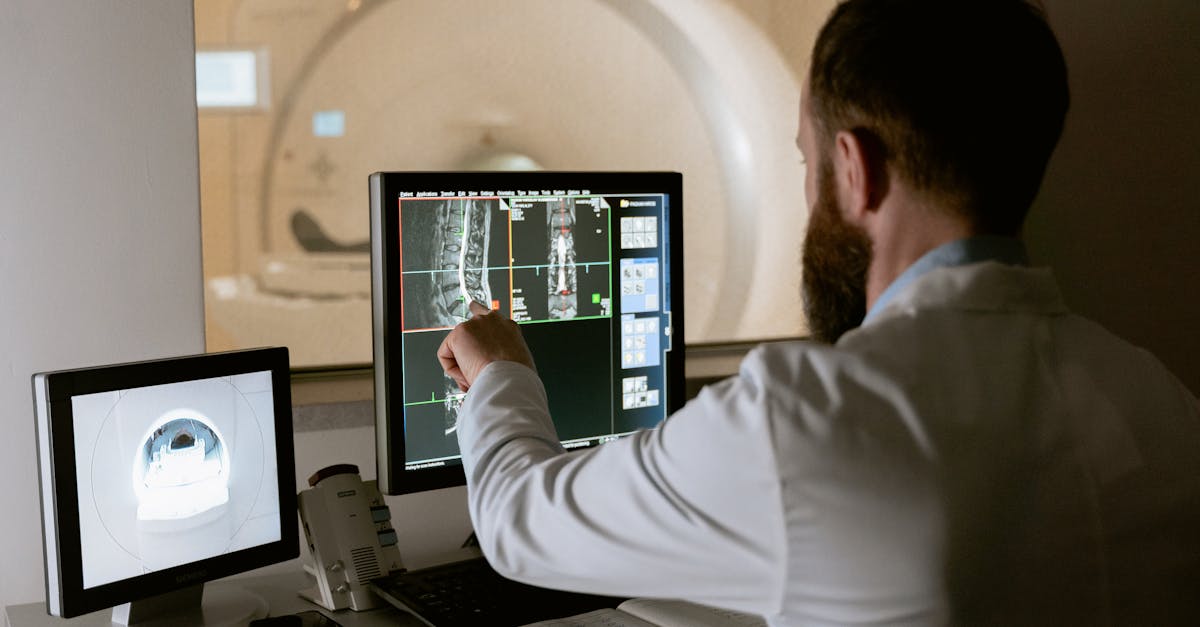Published on:
8 min read
Unraveling the Mind: Your Ultimate Guide to Dementia Testing
Dementia affects millions worldwide, impacting not just memory but overall cognitive function. Understanding the testing process is crucial for diagnosis and managing this complex condition. This guide will help you navigate the steps involved in dementia testing.

Understanding Dementia: What It Is and Why Testing Matters
Dementia is not a single disease but rather a general term that encompasses various medical conditions, including Alzheimer's disease, that affect memory, thinking, and social skills. The importance of testing cannot be overstated, as it aids in the early identification of cognitive decline. Early testing offers a chance for timely interventions, treatment options, and planning for the future. This is especially critical considering that dementia can sometimes be mistaken for normal age-related issues. Differentiating between the two is vital for effective management and support.
The Dementia Testing Process: What to Expect
Typically, the dementia testing process begins with a thorough medical history and mental status examination conducted by a healthcare professional. This can include a variety of cognitive tests designed to assess memory, attention, problem-solving abilities, and language skills. Additional tests, such as blood tests and brain imaging, may be ordered to rule out other conditions affecting cognitive function. It’s essential to bring along a family member or close friend who can provide insights into observed changes in behavior and cognition, as they can play an important role in the diagnostic process.
After Testing: Understanding Your Options
Receiving a diagnosis of dementia can be overwhelming, but understanding the results of your tests is the first step in managing the condition. Depending on the type and severity of dementia diagnosed, individuals may be presented with various treatment options that can help manage symptoms. This can include medication, support groups, and therapeutic interventions. Developing a proactive care plan tailored to individual needs is crucial. Consider engaging with health professionals who specialize in memory care, as they can provide valuable resources and strategies for coping with the journey ahead.
Conclusion: Taking the First Step Towards Clarity
Navigating the journey towards understanding dementia starts with awareness and action. By familiarizing yourself with the testing process and available options, you empower yourself or your loved one to take control of their cognitive health. It’s never too early to seek help and explore resources that can make this challenging journey a bit easier. Remember, early intervention can make a significant difference.
Published on .
Share now!










